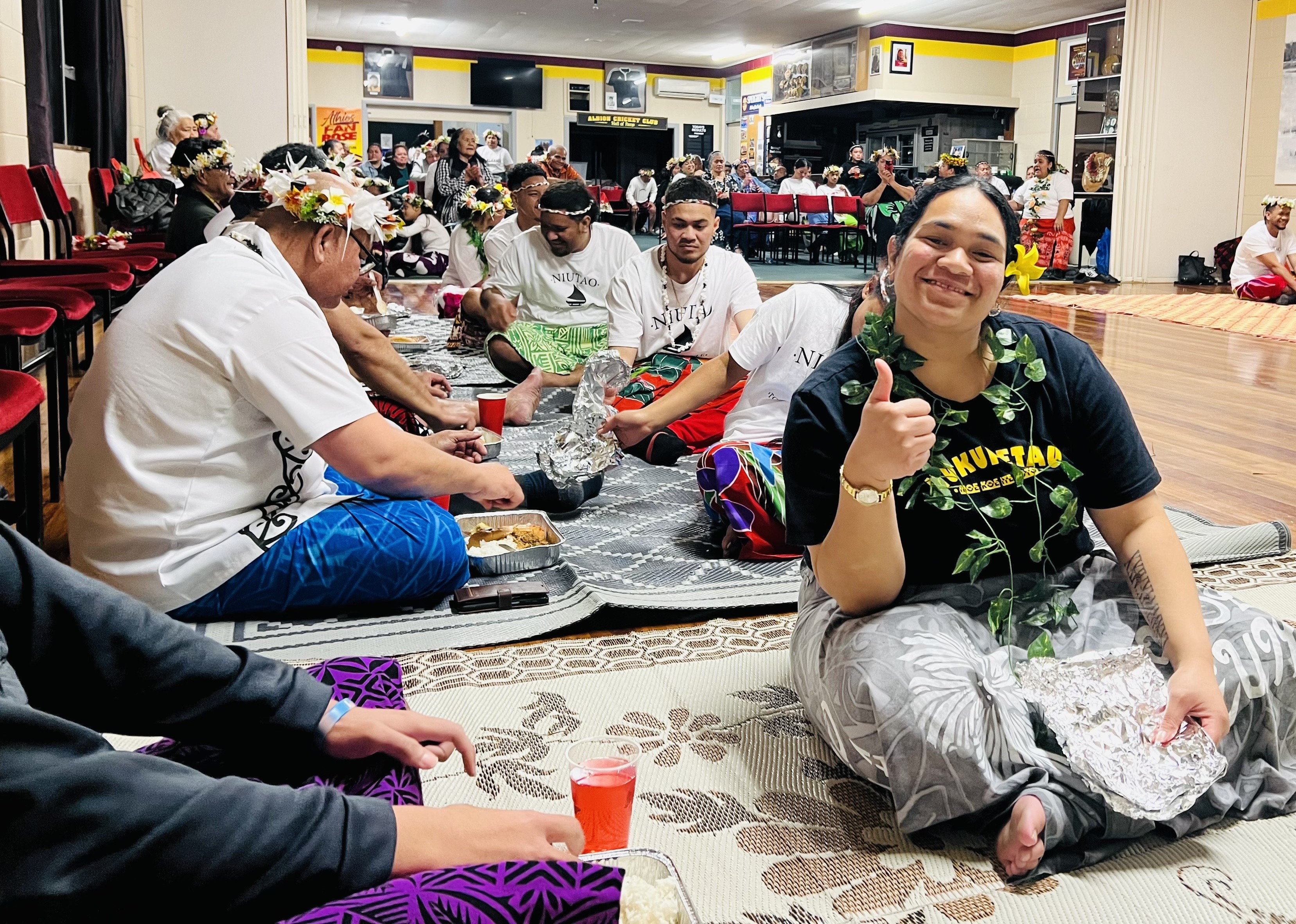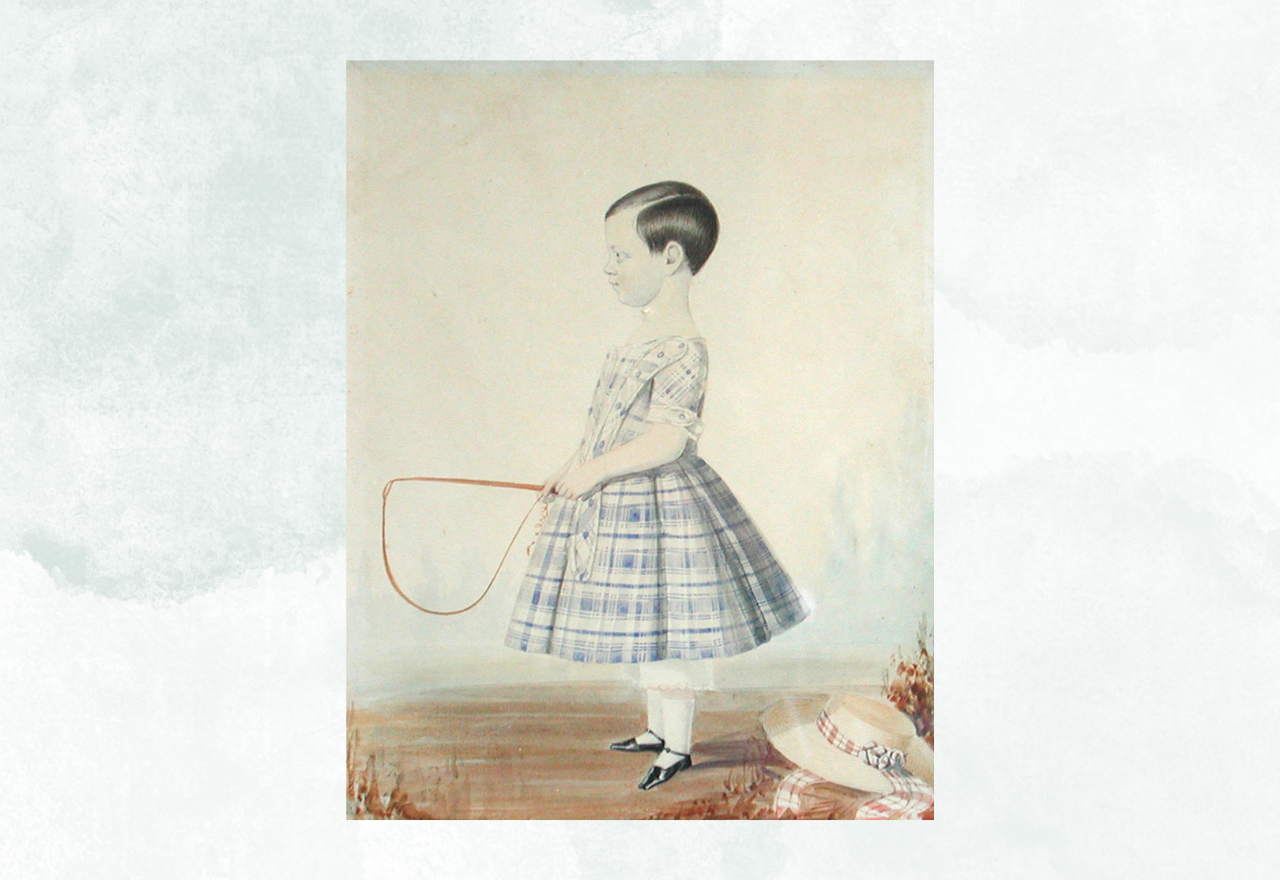"It begins with noticing - and it matters that you have our backs"
Cara Tipping Smith
16 October 2025, 5:34 AM
 "It begins with noticing - and it matters that you have our backs". Photo: Canva
"It begins with noticing - and it matters that you have our backs". Photo: CanvaIn workplaces, council chambers and community halls, the same story repeats: when women speak, the focus can shift from facts to “tone.”
Across Waitaki, women already carry much of the leadership - running clubs, charities, businesses and boards.
When their words are side-lined or reframed, it’s not just women who lose. It’s the whole community.
~ Opinion ~
When women speak: power and truth
It happens quietly, in workplaces, boardrooms and community halls.
A woman raises a point, states a boundary or calls out unfairness.
Suddenly, the story is no longer about the facts she raised - it’s about her “tone”.
She is “storming,” “emotional,” “hysterical.”
The same facts, voiced by a man, are heard as authority.
This isn’t just anecdotal.
Decades of research confirm it.
Studies show that women who assert themselves are judged more harshly than men who say the same things.
Psychologists Madeline Heilman and Tyler Okimoto call this the “backlash effect”: when women display competence or confidence, they are penalised socially, even if their behaviour mirrors men’s.
Harvard Business Review has reported that men are often seen as “assertive” while women using identical language are called “aggressive.”
One study of workplace meetings found men interrupt women 33% more often than they interrupt other men.
And surveys consistently show women’s credibility is questioned more quickly - they are assumed to be exaggerating, emotional or less rational.
But numbers only go so far.
A familiar story
Imagine this...
A woman points out that a man has instructed his staff to break rules - rules that had been put in place and adhered to for years.
She produces maps, evidence, even video.
She has to speak up, because it’s her workplace being undermined.
Yet when she does, the focus shifts.
Not to the evidence.
Not to the instructions that led to the breach.
Instead, she herself becomes the problem.
The instigator emails the woman’s male counterpart - her equal in the business.
In it, he accuses the woman of “storming” and “slapping” - painting her as an unstable, angry woman.
He then demands an apology from her, as though the real offence was her daring to speak.
Now imagine her male co-director replies.
He backs her 100%, standing on the same evidence.
Suddenly the tone changes.
The instigator becomes more conciliatory towards the man but excludes the woman from all further communication.
What’s the difference in this story?
Gender.
Think on that.
It’s never just one story.
Now imagine that same reflex playing out at a council table, on a committee, on a local board or in a business meeting.
In small towns like Ōamaru and across the Waitaki district, communities depend on women to lead.
They coordinate sports clubs, run volunteer rosters, chair school committees, keep charities afloat and often hold the institutional memory that makes local solutions possible.
They also step up in business - leading enterprises that drive the local economy, create jobs, and anchor retail and service networks.
And they stand for council and community boards, shouldering the responsibility of public decision-making in rooms where they are still often outnumbered.
Yet here too, the same dynamic plays out.
A female coordinator asking for accountability is “bossy” while her male counterpart is “organised”.
A councillor pushing for fairness may be labelled “difficult” while a male colleague is seen as “constructive”.
A businesswoman driving growth can be dismissed as “ambitious” in a negative sense, while a businessman with the same drive is “visionary”.
And the bias cuts both ways: a quiet man is read as resolute, thoughtful, even strategic - while a quiet woman is too often dismissed as weak, uncertain or lacking confidence.
Why this matters
The cost isn’t just personal - it shapes whose voices are heard in places that guide our whole community.
When women’s words are treated as emotional instead of factual, uncertain instead of resolute, the whole community loses.
Rules are bent, boundaries are ignored and accountability gets clouded.
Worse, the women involved are left carrying not only the burden of fixing the problem, but also defending their right to have spoken (or not spoken) at all.
The cost is bigger than one workplace or committee.
It’s felt in the lifeblood of a small town.
Without women’s steady presence in governance, business and volunteer leadership, much of what keeps a district like Waitaki thriving simply would not happen.
If their leadership is constantly questioned or reframed as “too emotional” or “too weak”, the pipeline of future volunteers, councillors and business owners thins out.
Younger women watching see the toll it takes and may decide the cost of speaking up is too high.
That weakens not just the women involved but the whole community.
Meanwhile, men watching - colleagues, partners, friends - face a choice.
Do they let the bias slide or do they use their position to call it out?
A man’s voice, a woman’s truth
Here’s the uncomfortable truth: men’s voices still carry disproportionate weight in disputes.
That makes it all the more critical that men use that weight responsibly.
Backing up a woman isn’t about “defending” her - she doesn’t need a shield.
It’s about validating that her words stand on their own.
It’s about refusing to collude, even silently, with old reflexes that write women off as “too much” or “too mousey”.
When a man says, “she is my equal, she spoke the truth, your attack on her is an attack on all of us”, he isn’t doing her a favour.
He's doing what’s right.
He’s refusing to let bias go unchallenged.
The moral clarity
At its heart, this is about justice.
When women’s credibility is undermined, everyone loses trust - in the fairness of workplaces, in the respect of neighbours, in the integrity of institutions.
The way forward isn’t complicated:
- Treat women’s words as facts to be addressed, not feelings to be dismissed.
- Respect the credibility of the source - regardless of gender.
- Recognise that excluding women from the table - while demanding civility from them - is itself incivility.
Because the facts don't change depending on who speaks them.
But if we let bias win, our willingness to listen can (change).
That's on all of us.
For men, it begins with noticing - and when you have our backs, it counts.
Cara Tipping Smith is a director and co-owner of two local businesses. She holds degrees in English & Politics and Psychology, a First Class Honours degree in Industrial Organisational Psychology and a Bachelor of Leadership for Change (Distinction).






